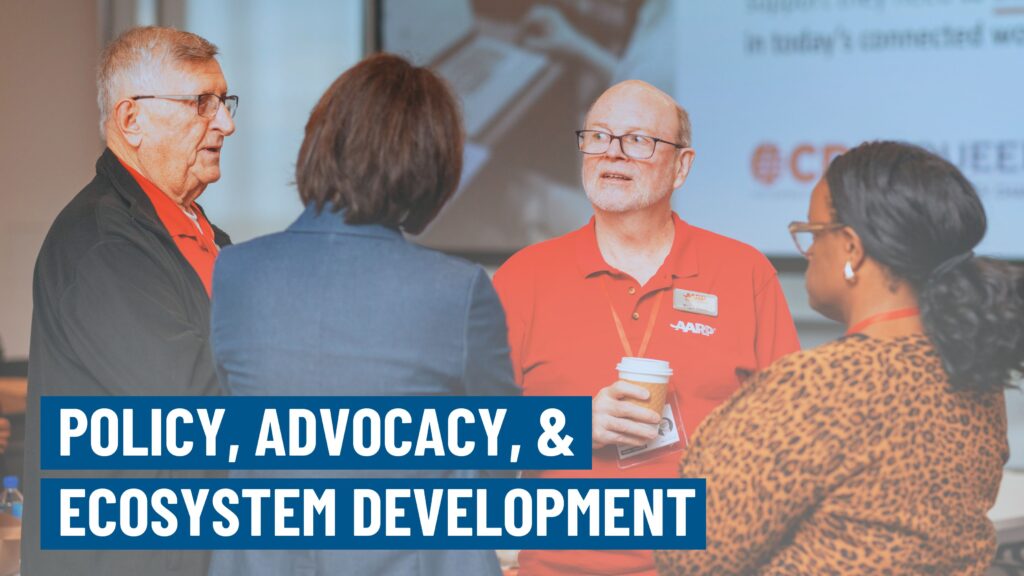
OKR: Build a documented engagement strategy to encourage information sharing and effective partnerships.
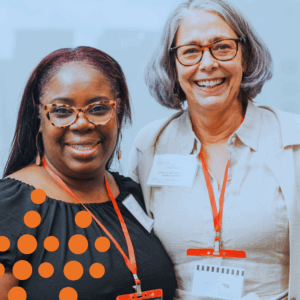
To build a more effective and collaborative digital inclusion ecosystem, the CDE focused this year on developing a documented engagement strategy that fosters deeper information sharing and more aligned partnerships. By actively engaging with over 100 community-based organizations, we created structures and practices that not only met partners where they are, but also made it easier for them to connect, share, and lead in ways that reflect their unique strengths and capabilities.
Engaged 100+ Partners
Activating a Multi-Level Engagement Framework
We introduced a partner model that empowered organizations to define their role as Explorers, Innovators, or Champions, based on their capacity and commitment to advancing digital access. This framework provided a shared language and structure for engagement while allowing organizations to grow at their own pace. Over the course of 10 months, we onboarded more than 100 partners, supporting them through orientation, training, and peer connections that clarified expectations and unlocked opportunities across the ecosystem.



Mapping Assets to Strengthen Shared Visibility
One key goal of this engagement strategy was to contribute to the NC Tech Resource Finder, which catalogs community-based digital access points and programs across North Carolina. By encouraging partners to add their services to the map, we strengthened visibility into local assets and made it easier to identify gaps and opportunities for collaboration.
Of the partners engaged, 20 organizations added their services to the map, many of which serve specific populations, such as older adults, returning citizens, and English language learners. Standout Innovators made significant strides in embedding digital support into their core offerings:
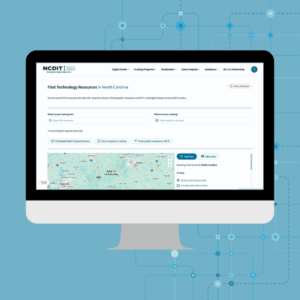
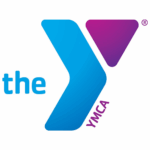
The YMCA of Greater Charlotte expanded digital programming from one branch to five.
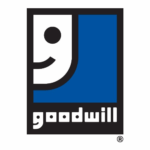
Goodwill Industries of the Southern Piedmont integrated Digital Navigators into its frontline service teams.
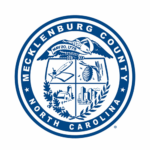
The Mecklenburg County Community Resource Centers embedded Digital Navigators into their day-to-day programming.
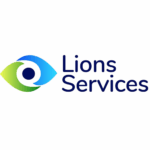
Lion Services expanded its technology offerings and partnered with CDE to co-design support services.
This living map is more than a directory, it's a reflection of the people and organizations leading change, and a tool for amplifying what works.
Personalizing Support to Strengthen Partner Capacity
While large group trainings helped build momentum, we quickly recognized the need for personalized support. The CDE team members began conducting one-on-one meetings with partners—often over multiple sessions—to better understand their goals, funding needs, and digital program design requirements.
This individual approach helped build trust and responsiveness. Based on partner feedback, we refined our engagement strategy to:
- Reiterate core roles and expectations
- Transition official Community Council meetings to a quarterly cadence
- Use newsletters to share consistent updates
- Create dedicated spaces for initiative-specific collaboration
These adjustments helped align efforts across the network while making it easier for partners to stay informed, engaged, and connected.
Gathering Insights to Inform a Shared Policy Agenda
To ensure that our strategy reflected community experiences, we hosted three listening sessions focused on specific populations:
- People who are blind, deaf, or hard of hearing
- Individuals reentering the community after incarceration
- English language learners
In these sessions, community members shared how digital tools can enhance daily life, especially when paired with culturally responsive support and flexible access. We also convened digital skilling leaders from across the country to surface shared challenges and ideas.
Key insights included:
- A need for greater access to accessible smartphones (especially iPhones)
- A gap in awareness around programs that meet people where they are—near transit, outside work hours, or with childcare
These insights now inform updates to the People’s Policy Agenda, helping ensure policy decisions stay grounded in lived experience.
Amplifying Participation Through Smart Charlotte
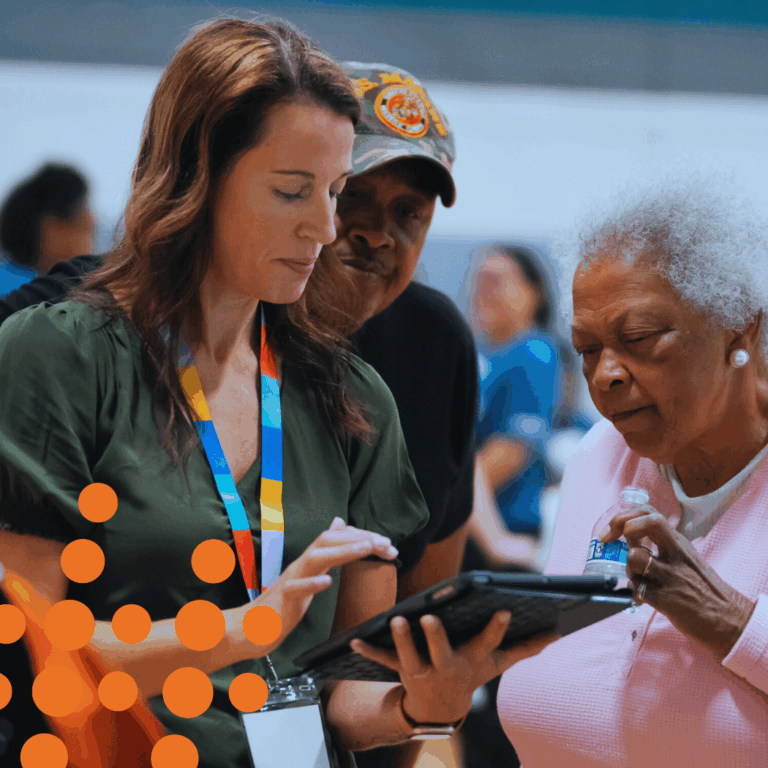
As part of our engagement strategy, we also partnered with the City of Charlotte to boost community participation in Smart Charlotte. This initiative gathers feedback to inform civic technology efforts.
We utilized existing CDE events, such as laptop distribution days, to involve community members in the process. For example, by integrating surveys into one such event, we increased survey participation and brought more voices into citywide planning conversations.
By creating accessible, welcoming moments for engagement, we helped more partners bring their communities into decision-making processes, strengthening trust, building advocacy capacity, and connecting community knowledge to systems-level change.